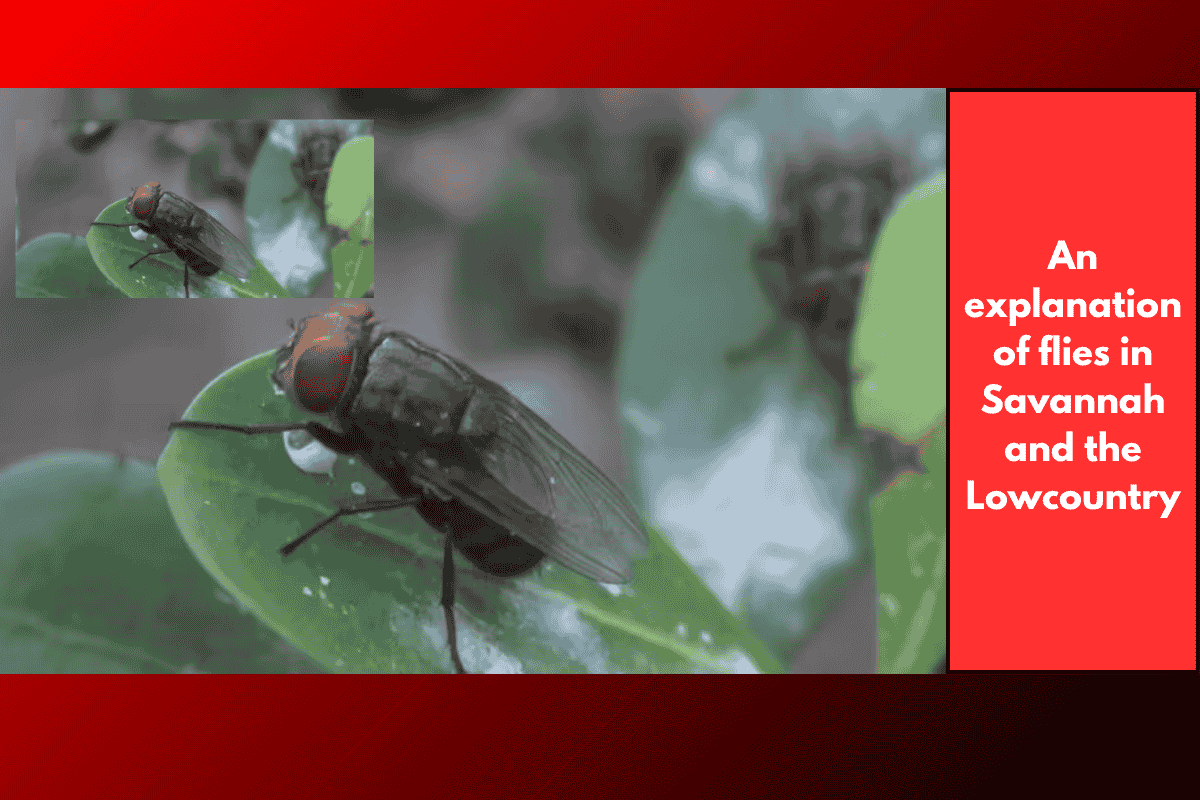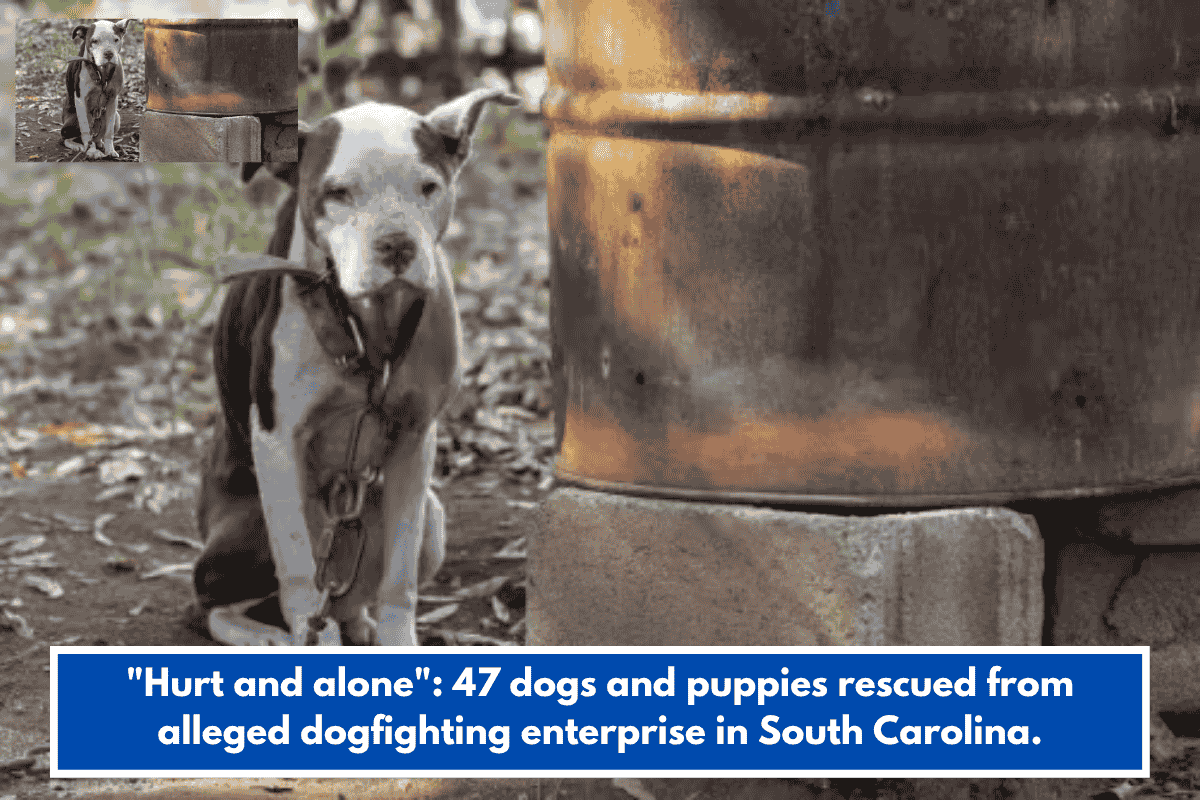If you’ve noticed more flies buzzing around Savannah and the Lowcountry this year, you’re not alone. Due to a combination of above-average winter temperatures and an unusually wet May, the area has experienced a surge in the local fly population. Richard Evans, the County Extension Coordinator with the University of Georgia Extension in Garden City, explains that the warm winter and wet conditions have created the perfect breeding ground for these pesky insects.
Why Are Flies So Bad This Year?
According to Evans, the warm winter provided the perfect environment for flies to thrive. While much of the U.S. was dealing with snow, sleet, and ice in January, the Lowcountry saw higher-than-average temperatures. These milder conditions allowed flies to survive and reproduce at a faster rate than usual. In addition, the region’s third-wettest May on record helped contribute to the bug boom.
Evans explains that flies are particularly drawn to areas around the house that remain damp, such as trash cans, grass clippings, and any standing water. These spots provide the perfect conditions for flies to breed quickly, producing multiple generations in a short period.
Simple Solutions to Fight the Fly Boom
To deal with the increased fly population, Evans recommends using simple, inexpensive, and environmentally friendly methods. One of the most effective is creating a bottle trap. Here’s how it works:
Take a two-liter bottle and cut off the top.
Fill the bottom with water and something sweet, like syrup, honey, or another sugary substance.
As the sun heats the mixture, it will ferment, creating a smell that attracts flies.
Add a few drops of dish soap to break the surface tension of the water. This ensures that when flies land, they will drown.
While not the most visually appealing solution, the bottle trap is natural and effective. You can hide it behind a large potted plant or a palm to keep it out of sight. Creating a fly trap can also be a fun DIY project to do with children or grandchildren, teaching them about both pest control and recycling.
Additional Fly Control Tips
In addition to using bottle traps, Evans suggests regularly cleaning the inside of outdoor trash cans to prevent flies from breeding in these areas. Cleaning trash cans once a month can significantly reduce the fly population around your home. Keeping your yard free of standing water and cleaning up any grass clippings or organic debris will also help reduce fly habitats.
If the flies in Savannah and the Lowcountry seem particularly bad this year, it’s due to the perfect storm of warm winter temperatures and a wet spring. But with a few simple and natural methods, such as creating bottle traps and keeping outdoor areas clean, you can regain control of your home and keep the flies at bay. These efforts can also help you avoid the frustration of constantly swatting away pests during the summer months.









